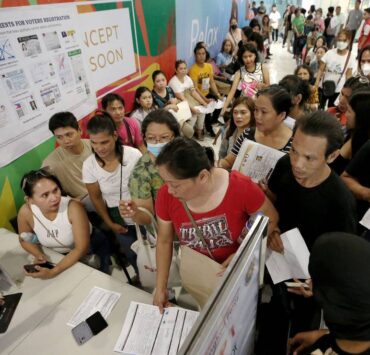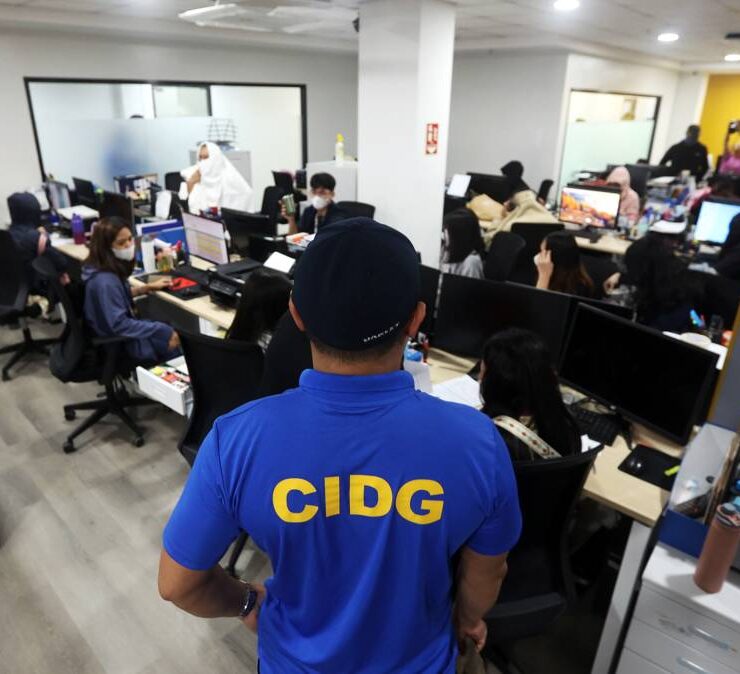Senate hikes textbook budget by P300M

The Senate finance committee chaired by Sen. Grace Poe has approved a proposal by Sen. Sherwin Gatchalian to increase funding for textbooks and other learning materials by P300 million.
The senator moved to add the P300 million to the original budget of P12.4 billion for textbooks and other learning materials, specifically for Grade 3 textbooks and teacher’s manuals, earmarked in the proposed budget of the Department of Education (DepEd).
The hike has been included in the final version of the Senate committee report on the proposed national budget.
Last week, the Senate approved House Bill No. 10800, or the proposed General Appropriations Bill for 2025, which amounts to P6.352-trillion.
“I thank the Senate Committee on Finance for approving the additional P300 million for the procurement of textbooks and other instructional materials,” said Sen. Sherwin Gatchalian, chair of the Senate committee on basic education.
“It’s important that we increase the funding for textbooks and use it properly to ensure that each and every student will have books. We will continue to push for these reforms toward achieving quality education,” he added.
He emphasized, however, that aside from increasing the budget for textbooks and other learning materials, there is a pressing need to streamline the procurement process to ensure that all learners receive a complete set of textbooks.
The Year One report of the Second Congressional Commission on Education (EDCOM II) found that since 2012 until to last year, only 27 out of 90 textbook titles were procured for Grades 1 to 10.
Low budget utilization
The Commission’s report also found that only learners in Grades 5 and 6 have complete sets of textbooks for all subjects. The report further flagged the low budget utilization for textbooks and other instructional materials. Out of more than P12.6 billion allotted from 2018 to 2022, only about P4.47 billion (35.3 percent) was obligated and P951.9 million (7.5 percent) was disbursed.
According to Gatchalian, other issues with textbook procurement include insufficient development time, high participation costs, prolonged review processes, and pricing challenges.
“While the textbook procurement process should only take 180 days, current inefficiencies have stretched the timeline to an average of three years,” he noted.
The lawmaker earlier suggested that the procurement of textbooks should be liberalized “so that we will not be burdened by logistics and the bidding process because that takes time, and this is connected to learner performance.”
Gatchalian also cited the example of Japan’s Textbook Authorization Research Council, which accredits textbook titles and ensures compliance with standards. The list of accredited titles is a guide for Japan’s schools and students in securing textbooks.
He urged DepEd to study Japan’s model as it would spare the agency of procurement, manuscript development and delivery bottlenecks.




















